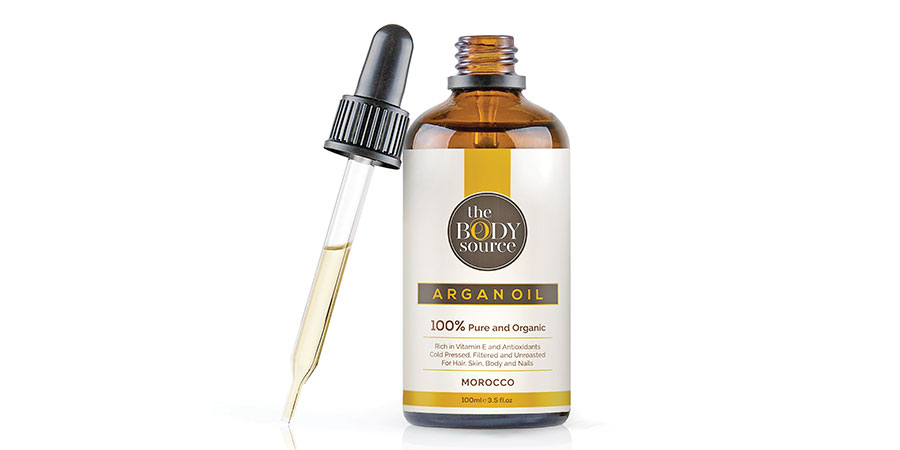ASK A PHYSICAL THERAPIST
- 13 Apr - 19 Apr, 2024
Argan oil has been a culinary staple in Morocco for centuries – not only because of its subtle, nutty flavor but also its wide array of potential health benefits. This naturally occurring plant oil is derived from the kernels of the fruit of the argan tree. Although it is widely used in cooking in some cuisines, it is also highly recommended for hair and skin. Here are a few reasons why.

Contains essential nutrients – Argan oil is primarily comprised of fatty acids and a variety of phenolic compounds. It is a rich source of vitamin E, which is required for healthy skin, hair and eyes. This vitamin also has powerful antioxidant properties.
Antioxidant and anti-Inflammatory properties – Argan oil is rich in vitamin E, or tocopherol, a fat-soluble vitamin that serves as a potent antioxidant to reduce the damaging effects of free radicals. Some research indicates that argan oil can also be applied directly to your skin to reduce inflammation caused by injuries or infections.
Reduce signs of skin ageing – Argan oil has quickly become a popular ingredient for many skin care products. It may also support repair and maintenance of healthy skin when applied directly to your skin, thus reducing visual signs of ageing.
Treat skin conditions – Argan oil has been a popular home remedy for treating inflammatory skin conditions for decades – especially in North Africa, where argan trees originate.
Promote wound healing – Argan oil may accelerate the wound healing process.
Moisturise skin and hair – The oleic and linoleic acids that make up the majority of argan oil’s fat content are vital nutrients for maintaining healthy skin and hair. Argan oil is often directly administered to skin and hair but may also be effective when ingested.
Treat and prevent stretch marks – Argan oil is frequently used to prevent and reduce stretch marks, although no research has been conducted to prove its efficacy. In fact, there is no strong evidence that any kind of topical treatment is an effective tool for stretch mark reduction. However, research does indicate that argan oil may help reduce inflammation and improve the elasticity of skin – which could be why so many people report success in using it for stretch marks.
Used to treat acne – There are claim that oil is an effective treatment for acne, although no rigorous scientific research supports this. That said, argan oil’s antioxidant and anti-inflammatory compounds may support reduced redness and irritation of the skin caused by acne.
For hair
You can apply argan oil directly to damp or dry hair to improve moisture, reduce breakage, or reduce frizz. It is also sometimes included in shampoos or conditioners. If it's your first time using it, start with a small amount to see how your hair responds.
For cooking
If you’re interested in using argan oil with food, look for varieties specifically marketed for cooking, or make sure you’re buying 100% pure argan oil. Argan oil marketed for cosmetic purposes may be mixed with other ingredients that you shouldn’t ingest.
For skin
Argan oil is usually used topically in its pure form – but also frequently included in cosmetic products like lotions and skin creams. While it can be applied directly to your skin, it may be best to start with a very small amount to ensure that you won’t have any adverse reactions.
COMMENTS